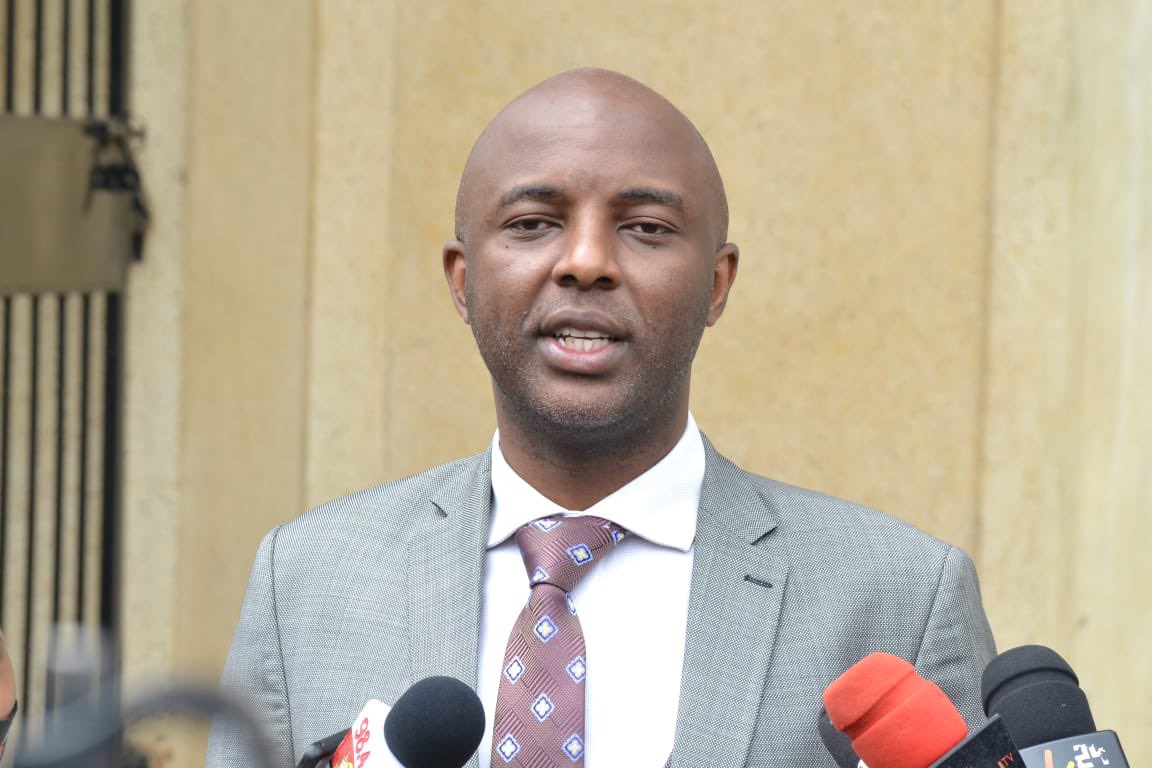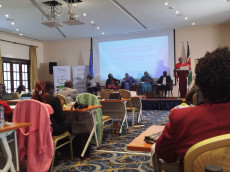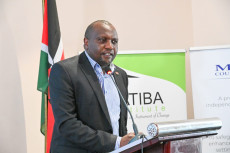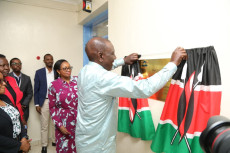- Kenya’s system of devolution, now in its 12th year since its rollout in 2013, was designed to bring governance closer to the people, spur grassroots development, and ensure resources trickled down to the counties.
Kenya’s system of devolution, now in its 12th year since its rollout in 2013, was designed to bring governance closer to the people, spur grassroots development, and ensure resources trickled down to the counties.
Along the way, counties have been praised for bold innovations. Murang’a county under Governor Irungu Kang’ata, for instance, was highlighted at the recent Devolution Conference in Homa Bay for its strides in automating revenue collection.
But this recognition raises deeper questions: are counties truly innovating in ways that empower citizens, or are they simply creating smarter ways to fill government coffers.
During a discussion on the Political Oracle a segment of The TalkChat Podcast, political analyst Dr. Michael Ndonye explores whether Kenya’s devolution journey is still on track to serve its people or whether it risks being captured by systems that milk the cow instead of feeding it.
In this heated discussion, Dr. Michael Ndonye began by congratulating Governor Irungu Kang’ata for his standout presentation at the Devolution Conference, particularly the revenue collection model that according to many, has put Murang’a on the map. He described Kang’ata as a governor that many leaders across the country ought to look up to.
Read More
“Kangata is one of the governors who is said to be performing and doing very well for the people in Murang’a. He is a governor that many people and many other governors are supposed to look up to,” Dr Ndonye said.
But soon after, Dr. Ndonye shifted the conversation, throwing a challenge to both county and national governments. He argued that much of what governors are presenting as innovations are, in reality, “extractive innovations”, clever systems designed to draw more from citizens’ pockets rather than truly empower them.
“These are innovations mostly built around revenue collection but when you look closely, there are very few innovations being created to empower Mwananchi or to put efficient structures in place that truly empower businesses,” he argued.
According to Dr. Ndonye, devolution as envisioned in Chapter 11 of the Constitution was meant to devolve resources to the counties. But, as he points out, years later devolution has largely come to mean revenue collection.
Dr. Ndonye recognizes that counties have made strides in innovation, but he challenges both county and national governments to think beyond “extraction innovations”.
He emphasizes the need for governments to invest back into the people by building good roads and ensuring those roads meet proper standards, by creating innovations that eliminate ghost workers who leak county revenue, and by ensuring that those employed in counties are actually working and not idle.
For him, true innovation should not just revolve around collecting revenue, but around building efficient systems that empower citizens and make counties engines of real development.
Basing his arguments on the book 'Why Nations Fail' by Daron Acemoglu and James Robinson, Dr. Ndonye explains that poverty is not accidental but created through governance and policy choices.
He expounds this by giving an example of North Korea and South Korea, two nations sharing the same people, geography, and climate, yet divided by governance.
While South Korea thrives with inclusive institutions, innovation, and prosperity, North Korea remains trapped in poverty. Similarly, in Kenya, according to Dr. Ndonye some counties remain poor not because of culture, education, or geography, but because of the dominance of extractive policies and governance.
“One of the things that makes people poor is when we have extractive policies, extractive innovations, extractive governance, and extractive structures, without also putting in place the kind of systems, governance, innovations, and policies that empower people to create wealth,” he stated.
In the words of Dr. Michael Ndonye, “It is totally immoral that our counties are celebrating extractive innovations and they have fewer innovations to empower the people.”












